Three Israelis were killed when a rocket fired from Gaza hit their Kiryat Malachi home.
The rocket that struck the private home on Thursday morning was one of nearly 200 rockets fired from Gaza since the assassination late Wednesday afternoon of Hamas military chief in Gaza, Ahmed Jabari. The strike came after four days of rocket fire from Gaza terrorist groups on southern Israel. More than 150 rockets are reported to have been fired from Gaza during that time, causing damage to homes and factories.
A baby girl and a 4-year-old boy were also injured in the attack. A second building in Kiryat Malachi also was hit.
Rockets rained down on communities in southern Israel overnight. A school on Ofakim was hit, as was a home in Ashdod, and a factory near Ashkelon.
Some rockets were intercepted by the Iron Dome anti-missile defense system.
The Israel Defense Forces overnight Wednesday bombed about 100 medium- and long-range rocket launch and infrastructure sites throughout Gaza, according to the IDF spokesman.
“This has significantly damaged the rocket launch capabilities and munitions warehouses operated by Hamas and other terror organizations,” the IDF said in a statement.
“The aim of targeting these sites is to impair the rocket launching capability of terror organizations in the Gaza strip and damage their further build up,” the IDF also said.
Israel's Air Force also bombed several rocket launching squads as they prepared to fire rockets toward southern Israel, according to the IDF.
Eleven Palestinians have been killed and dozens injured in the Israeli strikes, according to the Palestinian Maan news agency.
Israel also has mobilized several infantry units and called up reserve troops. Israel last entered Gaza with ground troops during the monthlong Gaza war that began in December 2008.
The United Nations Security Council held an emergency meeting early Thursday morning on Israel's new operation in Gaza. The meeting was held at the request of Egypt, Morocco and the Palestinian Authority and the envoys of both Israel and the Palestinians were invited to attend the meeting. The council failed to endorse a plan of action, agreeing only to issue a statement saying that the emergency meeting took place.
“We have demonstrated maximum restraint for years, but the Israeli government has a right and a duty to respond to these attacks,” Israeli envoy Ron Prosor told the council. “Israel will not play Russian roulette with the lives of our citizens.”
Palestinian envoy Riyad Mansour referred to “Israel’s malicious onslaught, using the most lethal military means and illegal measures against the defenseless Palestinian civilian population.”
U.S. Ambassador to the U.N. Susan Rice defended Israel's right to defend itself. On Wednesday night, President Obama called Netanyahu and voiced support for Israel's right to self defense, while urging Netanyahu to avoid civilian casualties.
Meanwhile, Egypt withdrew its ambassador to Israel over the Gaza strikes. Israel's ambassador to Cairo, YAakov Amitai, was also called back to Jerusalem out of fear for his safety in the face of expected protests.The entire embassy staff was evacuated Wednesday.
Israel's Security Cabinet on Wednesday night authorized the call-up of reserve units, per the discretion of Defense Minister Ehud Barak.
The Cabinet authorized the IDF to “continue vigorous action against the terrorist infrastructures operating from the Gaza Strip against the civilian population in Israel in order to bring about an improvement in the security reality and allow a normal life for the residents of the State of Israel.”
“Alongside the military effort, Israel will, to the best of its ability, work to avoid harming civilians while honoring the humanitarian needs of the population, in keeping with the rules of international law,” the directive said.
The current operation in Gaza has been dubbed Operation Pillar of Defense, a reference to the cloud that followed the Israelites in the desert according to the Bible. The pillar of clouds shielded and protected the Israelites.






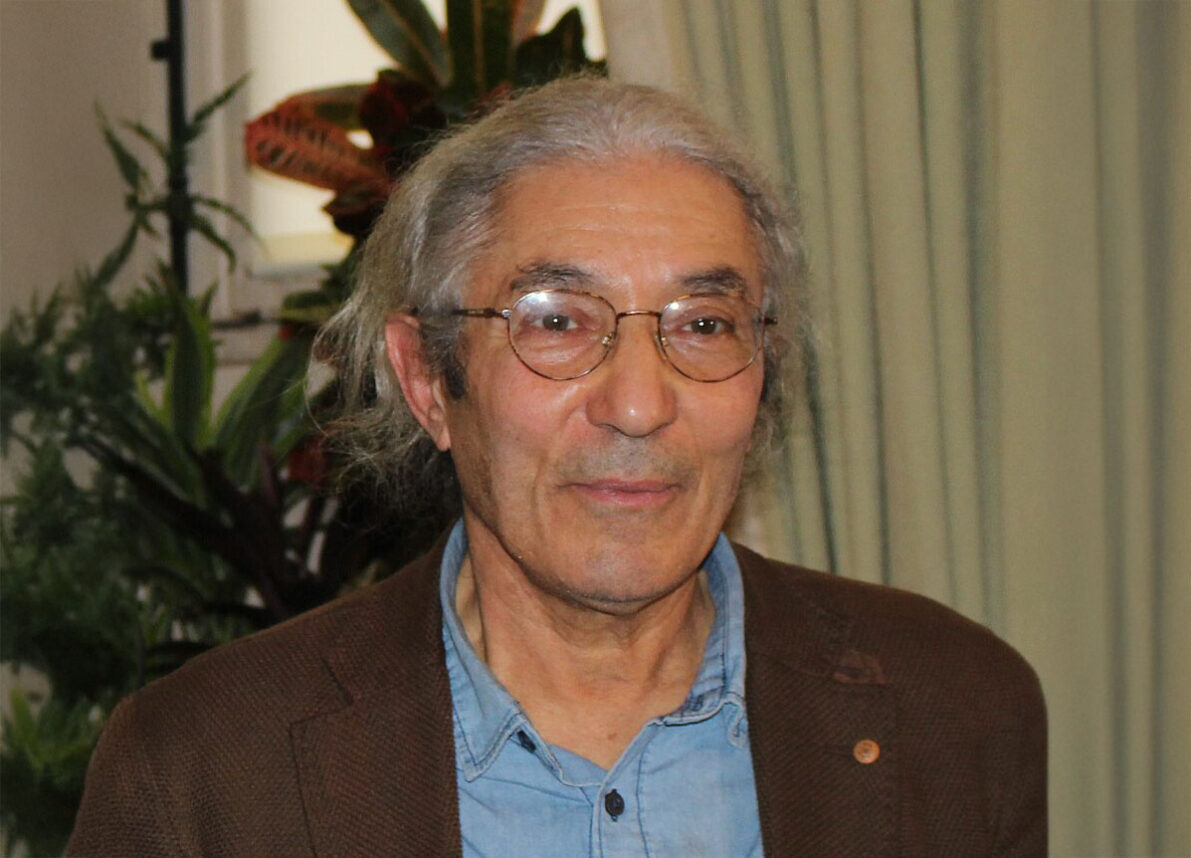


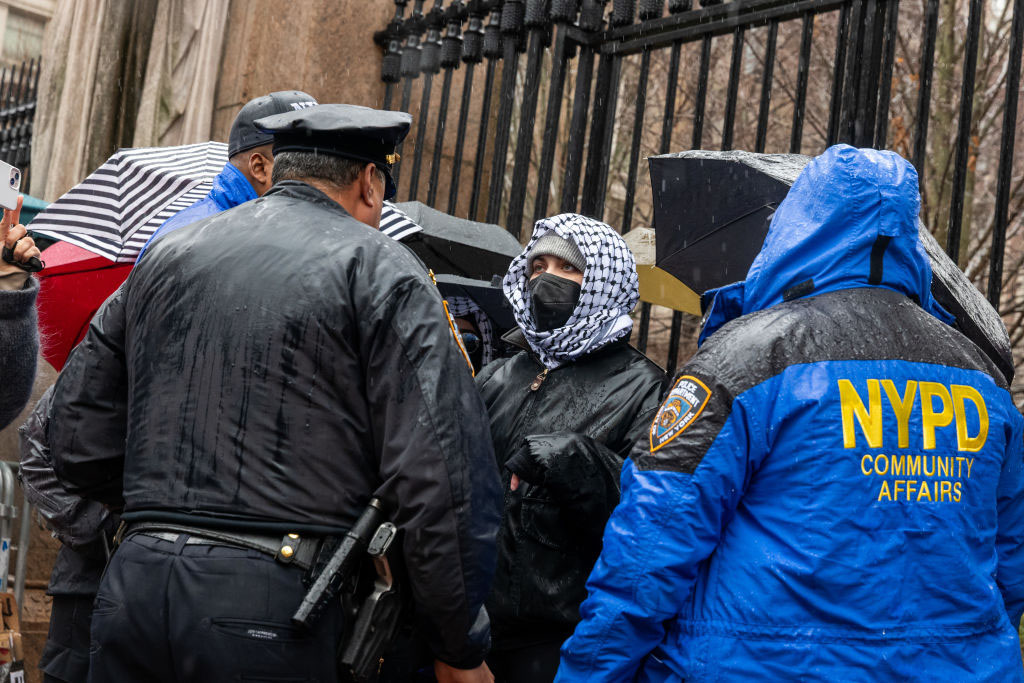

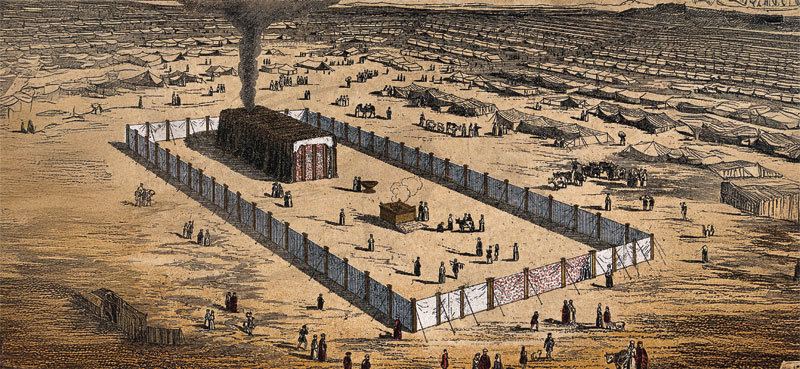


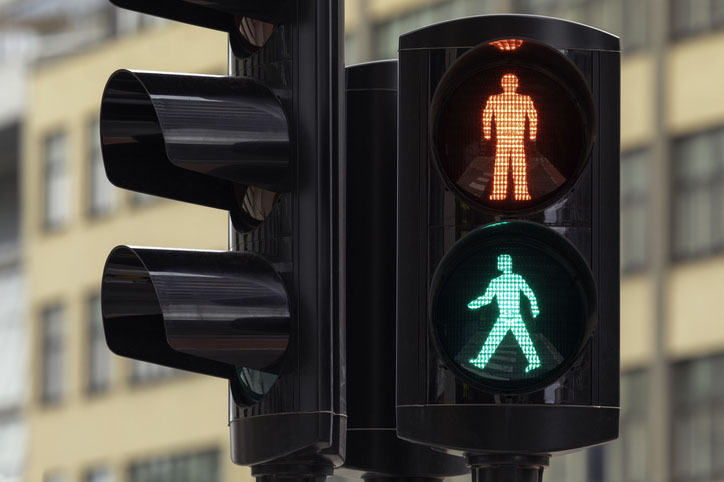
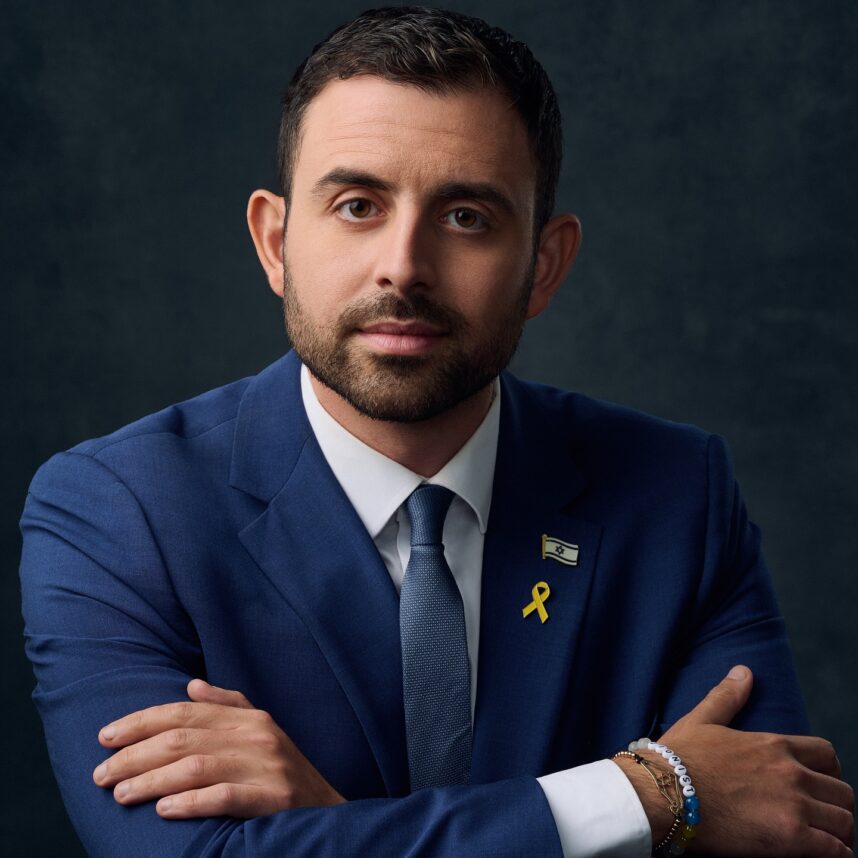
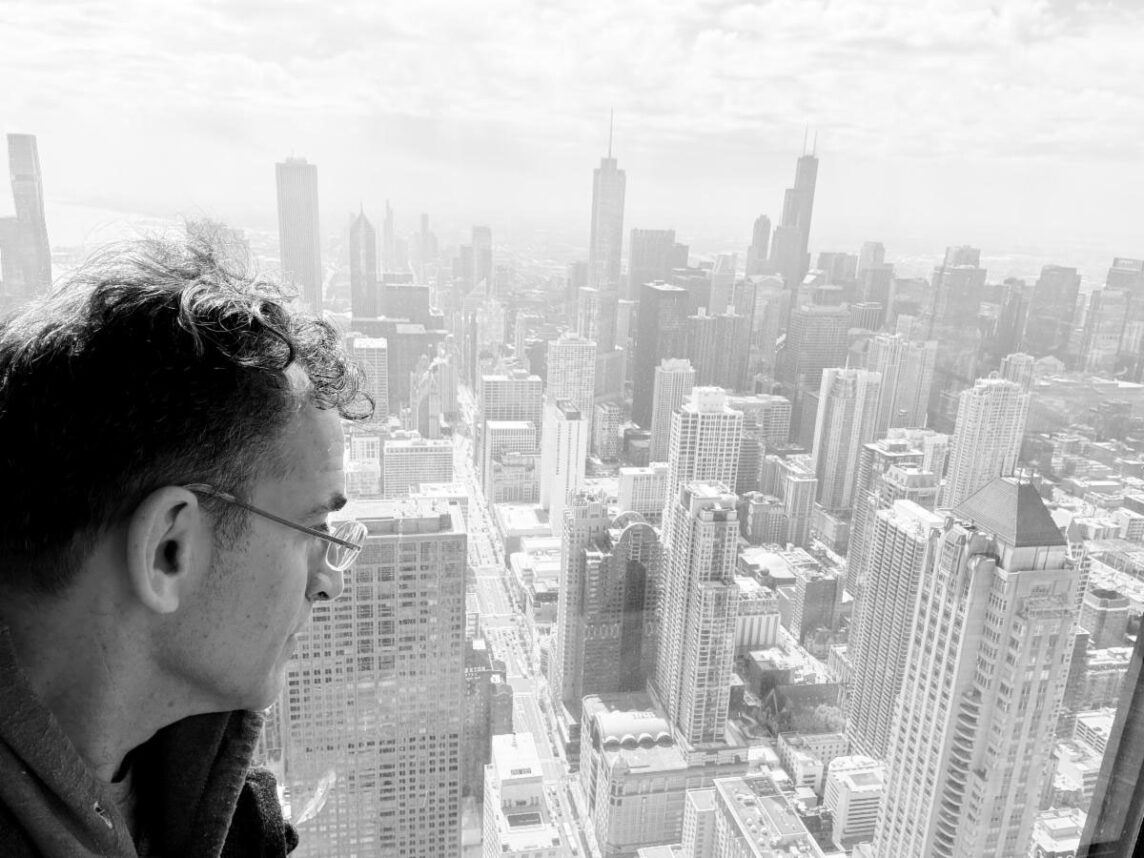






 More news and opinions than at a Shabbat dinner, right in your inbox.
More news and opinions than at a Shabbat dinner, right in your inbox.